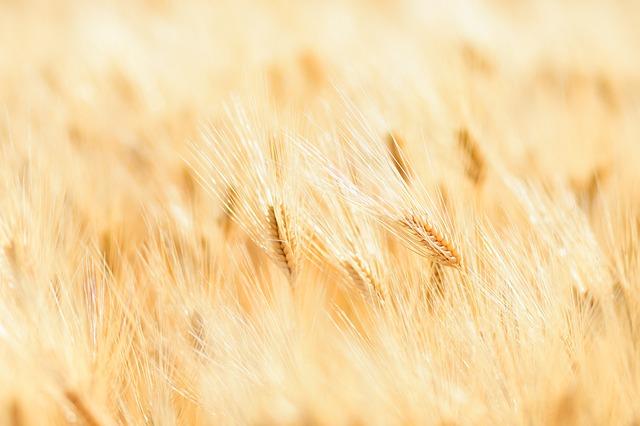The Future of Wheat Production in Pakistan
Wheat is a staple food in Pakistan, playing a significant role in the country’s economy and food security. As the population continues to rise, understanding the future of wheat production in Pakistan becomes increasingly important. This article will delve into the challenges faced by the wheat industry, technological advancements on the horizon, and practical insights for farmers and stakeholders.
Current State of Wheat Production in Pakistan
Pakistan ranks as one of the world’s top wheat producers, contributing significantly to its agricultural economy. In the 2022-2023 season, Pakistan produced approximately 26 million tons of wheat. However, despite this impressive figure, several challenges threaten sustainable production.
Key Challenges Facing Wheat Production
- Climate Change: Erratic weather patterns and extreme temperatures can adversely affect wheat yields.
- Pest Infestation: Wheat crops are susceptible to various pests, which can lead to significant losses.
- Resource Limitations: Water scarcity and poor soil health hinder the productivity of wheat fields.
Technological Advancements in Wheat Production
To counteract these challenges, Pakistan is on the brink of adopting innovative technologies in wheat production. Here are some notable advancements:
1. Improved Seeds
Research institutions are developing drought-resistant and pest-resistant wheat varieties. These seeds are more resilient and can ensure higher yields, even in adverse conditions.
2. Precision Agriculture
Farmers are beginning to use precision agriculture techniques, such as soil moisture sensors and weather forecasting tools. This technology helps optimize resource use and enhances overall productivity.
3. Integrated Pest Management
Adopting integrated pest management strategies will help reduce pesticide use and improve crop health. This approach combines biological control, habitat manipulation, and resistant varieties.
Benefits of Enhancing Wheat Production
Boosting wheat production in Pakistan comes with numerous benefits:
- Food Security: Increasing wheat yields can help ensure a stable food supply for the growing population.
- Economic Growth: A robust wheat sector can stimulate economic activities and create jobs.
- Export Opportunities: By enhancing production, Pakistan could position itself as a key wheat exporter in the region.
Practical Tips for Farmers
Farmers looking to improve their wheat production can consider the following practical tips:
- Soil Testing: Regular soil testing can help determine nutrient needs, leading to better crop management.
- Crop Rotation: Rotating wheat with legumes can increase soil fertility and reduce pest buildup.
- Efficient Irrigation: Implementing drip or sprinkler irrigation systems can conserve water while ensuring that crops receive adequate moisture.
Case Studies of Success
Several regions in Pakistan have seen success stories in wheat production through innovative practices:
| Region | Initiative | Outcome |
|---|---|---|
| Punjab | Soil Health Improvement Program | 30% increase in wheat yield |
| Sindh | Drought-resistant Seed Trials | Reduced crop failure rates |
| Khyber Pakhtunkhwa | Precision Agriculture Adoption | 15% lower water usage |
Conclusion
The future of wheat production in Pakistan looks promising, provided that the industry adapts to current challenges and embraces innovative technologies. By enhancing yield through improved practices and resources, Pakistan can secure its position as a leading wheat producer. Farmers, policymakers, and industry stakeholders must work together to ensure that this vital crop continues to thrive for generations to come.



